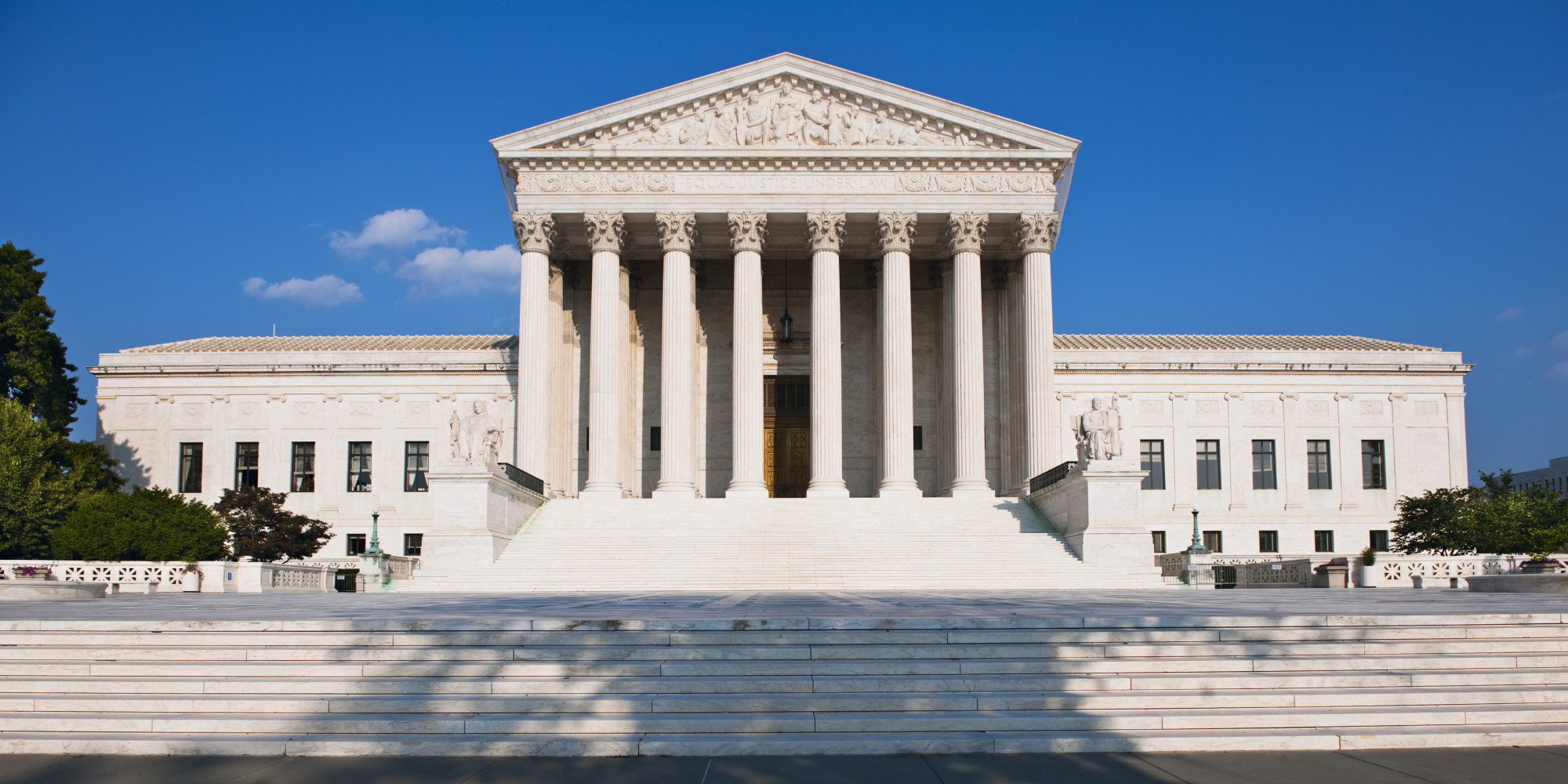The Supreme Court struck back at Worcester’s anti-panhandling ordinance, declaring that it was impossible to enforce it and that it should be reconsidered back in federal court.
The ordinance—which was challenged by the American Civil Liberties Union of Massachusetts (ACLU) in the U.S. District Court of Massachusetts in Worcester and was originally upheld on appeal—was sent back for review by the highest court in the land on June 29, following the inclusion of an amicus brief filed by the Homeless Empowerment Project (HEP), which publishes Spare Change News.
HEP’s brief argued that Worcester’s ordinance infringed upon free speech and that the ordinance was so broad that it could also be interpreted to hinder charity fundraising efforts and even Girl Scout cookie sales.
“Because its vendors are economically disadvantaged, they must sell the paper in areas accessible by public transportation. History has taught that vendors are most successful when they distribute near mass transportation facilities and stops, shopping areas and clusters of businesses,” read the brief.
The move was celebrated by the ACLU, who led the legal challenge against the ordinance.
“Following Friday’s landmark ruling on marriage equality, this morning the Supreme Court struck a blow for speech equality,” says Matthew Segal, legal director of the ACLU of Massachusetts. “By vacating the First Circuit’s ruling on our challenge to Worcester’s anti-begging laws, the Supreme Court has given federal courts in Massachusetts an opportunity to say what the ACLU of Massachusetts and Goodwin Procter LLP have long argued: the First Amendment is for everyone, not just for the wealthy.”
A spokesperson for the City of Worcester did not respond to a request for comment before Spare Change News went to press.
The Supreme Court’s action nullifies an earlier decision that upheld the panhandling law, but the court fell short of eliminating the controversial ordinance altogether, ordering the lower court to continue reviewing the law.
“The decision clears the way for federal courts in Massachusetts to strike the ordinances down, based on the Supreme Court’s ruling earlier this month in Reed v. Town of Gilbert, which confirmed that laws regulating speech are subject to the strictest scrutiny when they hinge on speech content, as well as last year’s McCullen ruling concerning speech buffer zones,” wrote ACLU spokesperson Chris Ott in a released statement.
The Worcester ordinance, which went into effect in 2013, bans panhandling that is done in a threatening or harassing manner, but it also banned the practice, regardless of how aggressive, when it is done within 20 feet of outdoor restaurant seating, bank machines, check cashing businesses, pay phones, bus stops or train stations.
Boston has a similar ordinance, which passed in 2013, but it only targets aggressive panhandling and begging or selling on roadway medians.
HEP involved itself in the case because of the indirect impact Worcester’s ordinance has on its operation.
“HEP has a vital interest in this case because its ability to distribute the newspaper in public spaces is affected by local governments’ attempts to discourage panhandling and solicitation,” read the brief.
The ordinance also banned panhandling at night, which it defined as 30 minutes before sunset and 30 minutes after sunrise.
“How, in light of those decisions, can Worcester enforce hundreds or thousands of buffer zones that prohibit begging but do not prohibit other kinds of speech?” asks Segal. “The answer is that Worcester absolutely cannot do that.”
The reasoning for the Supreme Court’s action comes on the heels of a decision against an Arizona statute that regulated specific types of signs, as well as the Supreme Court’s 2014 decision to strike down Massachusetts’ abortion clinic buffer zone law.
“The Supreme Court’s recent decision in Reed v. Town of Gilbert confirms that laws regulating speech are subject to the strictest scrutiny when they hinge on the content of the speech,” says Segal. “And the Supreme Court’s decision in McCullen v. Coakley holds that buffer zones banning speech are rarely if ever constitutional.”
The ACLU and Goodwin Procter LLP filed a federal lawsuit in Worcester against the anti-begging law in May 2013, claiming that it violated free speech.
In November 2013, the United States Court of Appeals for the First Circuit granted an injunction against part of the ordinance. Judges ruled that the ordinance’s ban on “soliciting any person in public after dark, which shall mean the time from one-half hour before sunset to one-half hour after sunrise” could not be enforced but did not strike the measure down. –Zack Huffman

Leave a Reply
You must be logged in to post a comment.